What did you think of the budget?
The budget tries to address a social deficit which was being felt and highlighted by members of civil society. Notwithstanding economic growth, the effects were not being felt by pensioners and low income earners. The reality is that there are more than 90,000 people in Malta living in a state of poverty or ho are at risk of poverty.
The budget tries to go some way to try and put more disposable income in the pockets of pensioners and those on the minimum wage. In our opinion however, it does not go far enough to address these needs.
The budget totally ignores various other challenges this country faces or could face in the near future. In our pre-budget document, we outline a number of challenges we feel the country needs to address.
Our financial services industry is under threat due to talks about tax harmonisation and the future of our full imputation system which is the cornerstone to the success of our financial services sector. While the importance of maintaining our competitive fiscal advantage is mentioned in the budget document, nothing of substance is mentioned as to whether government has a plan b and what the government is really doing to maintain the status quo.
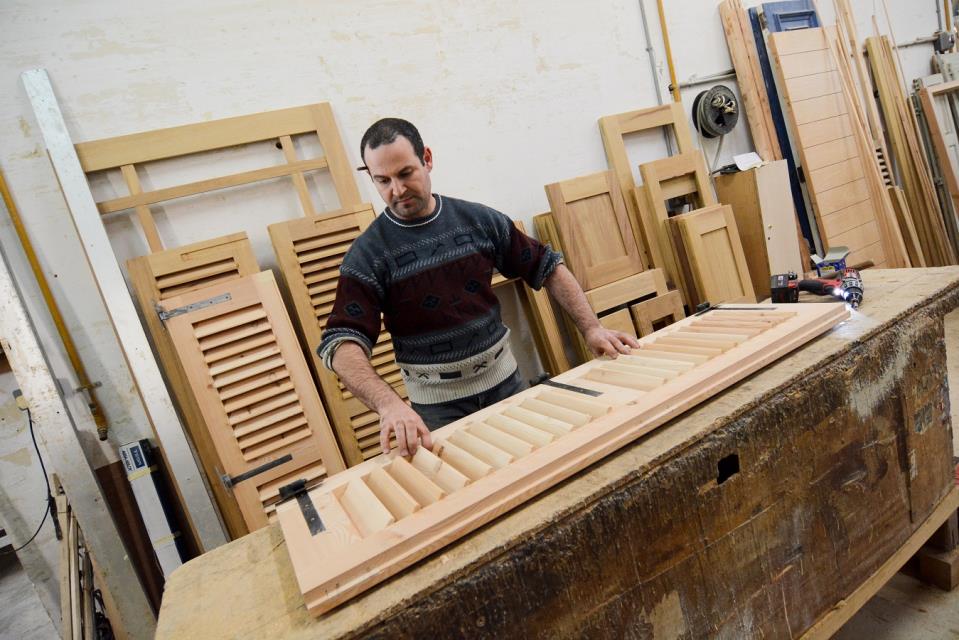
The level of exportation today is still lower than it was in 2012. Our industrial production has been constantly low, and that reflects that our factories are not producing and exporting enough. We need to see what we can do to make this industry more competitive. The GRTU, Chamber of Commerce and the PN said that we need to lower energy rates for industry. The 25% energy reduction following the last election is still not attractive enough.
The reduction was not made due to the promised second power station, which is still not up and running, but was effectively made due to increased efficiency of the BWSC power station which was sold off, the interconnector which enabled government to import more than 70% of our energy needs at attractive prices, and the reduction in oil prices.
Mario de Marco (2) - Budget 2017 from The Malta Independent on Vimeo.
There are challenges faced by the retail sectors. Not all retail outlets are doing well and we have a number of commercial centres in areas like Qormi and Hamrun facing challenges. In our pre-budget document we said that we need to help these areas reinvest and reinvent themselves. All these challenges are not addressed in the budget document.
We are satisfied with record tourism numbers, but ultimately this success is based on three cornerstones – the product, accessibility and marketing. We regret to note that capital expenditure in this sector has not been increased and there is no real investment in our tourism product. Looking at major projects, Fort St Elmo, Fort St Angelo etc, these all started through EU funds in the last period during the previous administration. I am not seeing any investment in the tourism product.
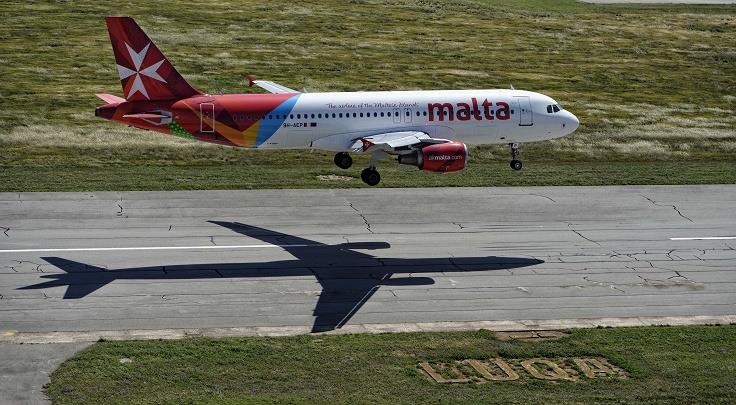
Air Malta brings in some 45% of our tourists and the future of the airline is still in question. All we know to date is that there are ongoing talks with Alitalia, which is losing half a million euros a day. The legitimate question is whether Alitalia is the right strategic partner to save Air Malta. Is government considering a plan b? Why are the stakeholders not being consulted on this matter?
Our concern is that there is very little vision. Economic success is not solely based on doing what one has done better, you also need to look at new economic niches. The economy of today is not the same as it was 10 years ago. A lot of success seen in previous administration was not based solely on strengthening already existing pillars, but by creating new ones such as aircraft maintenance, the maritime sector, iGaming and the financial services sector. What are the new economic activities for tomorrow? What is government’s vision in this regard?
We have spoken about the maritime and logistics hubs, the creative industry, and in reality there is very little about all this other than what may have been repeated from the previous year. Economy Minister Chris Cardona launched a request for proposals on a logistics hub a few weeks ago, fine, but we were talking about this in the last budget.
Then there are the financial challenges in this country. Government tried to savour the fact that the deficit is going down, but ignores the increasing current expenditure.
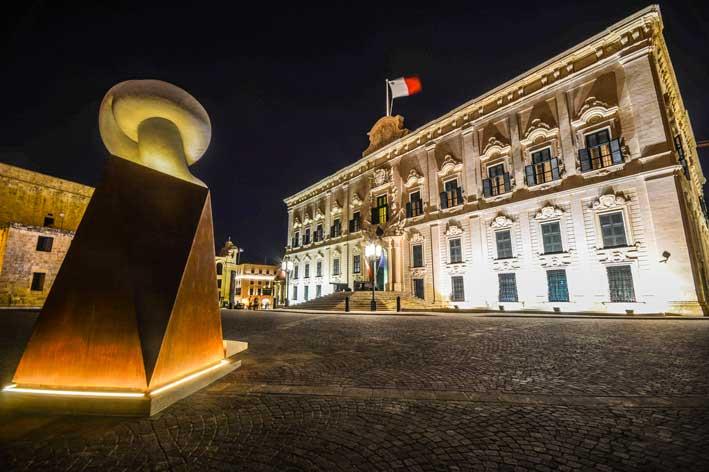
Isn’t the deficit and debt expected to go down?
It is, but the problem is that while revenue is rising, recurrent expenditure is also rising. Our recurrent expenditure rose more than what was budgeted, and the only way government succeeded in keeping the deficit level as they did this year, was by reducing capital expenditure.
Recurrent expenditure in the first seven months of this year was some €45 million above what was budgeted. Our capital expenditure was €12 million less than budgeted. Government recurrent expenditure projected for 2017, when compared with 2013, has spiralled up by some 30%, which in absolute figures, amounts to hundreds of millions. Government has no qualms about spending more, but not where it necessarily makes sense to spend. Capital expenditure is the investment used to improve infrastructure and our product.
Couldn’t the decrease in capital expenditure be due to government opting for more public-private partnerships?
No. They knew they were going for PPPs. The partnerships we are saying are in, for example, St Luke’s. The reality is that there is very little mention of infrastructure projects other than the Kappara junction. What is government seriously doing to address the traffic problem? What have we heard about the traffic issue beyond giving persons turning 18 the right to use public transport for free? Beyond this we haven’t heard any major solutions and this is of concern, as the traffic problem is not simply a problem for commuters, or a matter of frustration, but it is also a problem for our industry, for retailers, delivery vans and our attractiveness as a tourist destination. When tourists come to Malta they are coming to an island and the last thing you identify an island with is gridlock traffic.
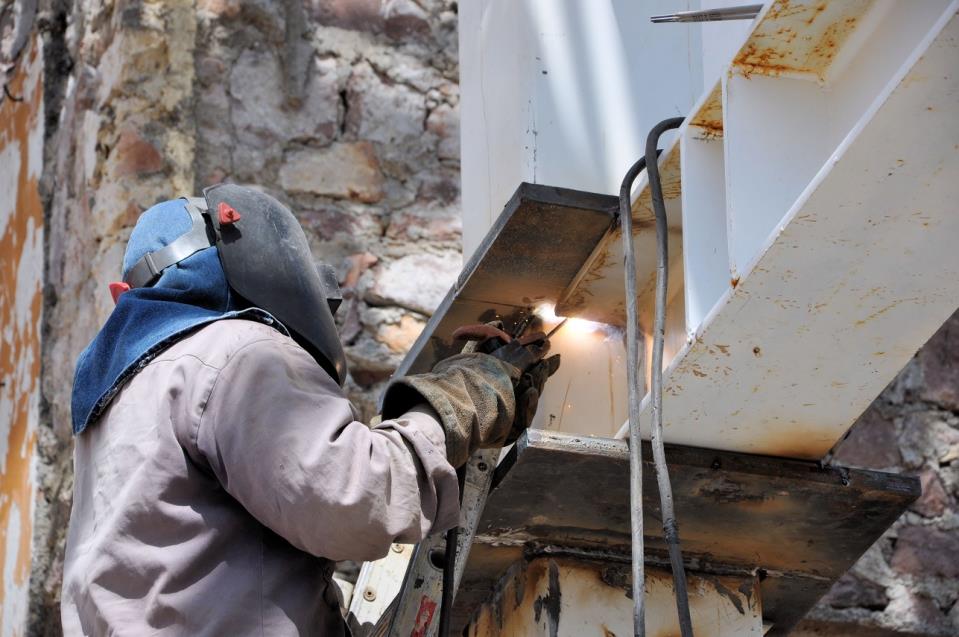
The government did come out with other proposals, such as incentives for employers to provide free transport for employees. In your opinion, what more should have been done?
Last year we highlighted the issue of school transport, and we need to incentivise parents to utilise school transportation. We know that when school starts there is more traffic on roads. We also need to think about infrastructural projects and car pooling initiatives. Yes while it is good to incentivise companies, it is not enough. It is not an issue that can be tackled from one day to the next, but at least we need to start planning and all this is absolutely lacking in the budget.
Which measures did you find positive, and did you find any that would have a negative effect?
One proposal which we also put forward was to exempt pensioners from tax. If we want to ensure pensioners have an adequate pensions without revising the pension is by making it tax free, thus giving more income into the hands of pensioners. That proposal has been taken on-board although it’s been limited to €13,000. It is quite high but if you are a couple with €13,000 you still don’t get enough. There is also the issue that it is being staggered over two years when the problems are immediate.
There is also a proposal on dividends being paid in the case of shares in listed companies. They will be paid back. This was also one of our proposals and, as we know, elderly persons try to invest their money to receive an income and this is a good way to help these people.
The transfer of business from one generation to the next will be taxed less, which is also a good initiative.

In terms of issues which are negative, I would say there are two. The first is excise duty on toiletries, shampoos etc. It will replace the eco contribution but we still need to see whether more will be paid at the end of the day or not.
The second is the failure of the budget to reduce energy for industry and fuel prices. Everyone assumed that as the new power station is to kick off within a few months, government would finally be in a position to implement its pre-election energy plan. In the election run-up, the Labour Party’s plan was not to reduce tariffs due to the BWSC, the interconnector or fuel price drops, but, rather, as a result of the new power station which they promised to deliver within two years.
They had said clearly that in the first year they will finance the cost reduction with the €30 million they said the selected consortium would have paid, and that they would have financed the subsequent cost through the savings which the new power station was meant to have provided for. None of this took place in the first three years and as we are approaching the fourth year, it may very well be that the new station would be up and running, meaning that this would be the time for government to implement its promise. What they did before had nothing to do with the new station but had everything to do with investments of the previous administration and lower fuel prices.
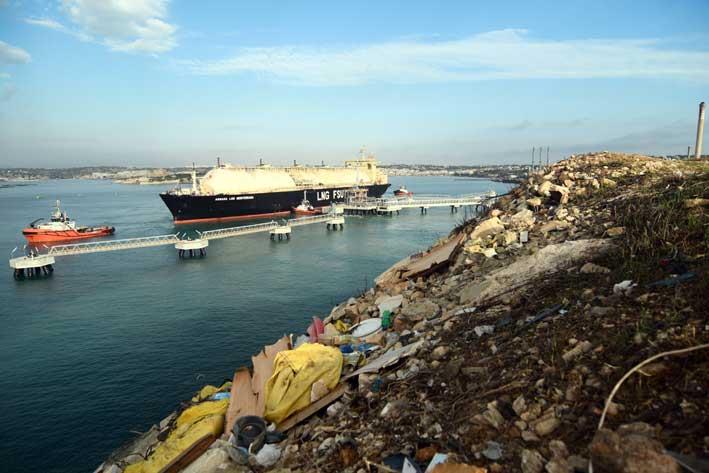
Government never said it would decrease energy tariffs in this budget. If I am correct this was originally suggested by Dr Busuttil…
No that was suggested by the GRTU first, then by the Chamber of Commerce and the Malta Employers Association. There was a logical reason for the PN taking it on-board. If you truly want to make the Maltese industry competitive, given the two-thirds reduction in fuel price and that the interconnector is offering us low prices, that the BWSC has been proven to be efficient, and that the government saw so much potential in the second power station, what will come in as a result of it.
We suspect government may have tied its hands with Electrogas as to the prices at which it would buy energy and how much it would buy. We know this is for an 18-year period. The most important thing in commerce is flexibility and our question is, does government have the flexibility to buy energy from the cheapest source or not?
If government can buy energy through the interconnector at a cheaper rate than what is offered by Electrogas, will government be in a position to do so or is government committed to buy energy from Electrogas even if there is a cheaper alternative source? If that is the situation, then effectively government has lost its flexibility of buying energy from the cheapest possible source.
Ultimately it should be a consumers’ world.

International oil prices have started going up again, and the PN’s idea is to buy fuel on a day-to-day basis. But government’s argument is that by doing what it is doing, is allowing businesses to plan ahead…
Businesses themselves want flexibility. The GRTU represent business and they disagree with government’s argument, and I think you need to listen to sources that understand business. If the Chamber of Commerce is saying that they want flexibility, we should listen to them as they know how to run businesses.
Do you agree with the assessment that not much was done for the middle class?
I think the word middle class was absent from the budget. This was meant to be a government that prided itself in addressing the needs of the middleclass and aspiring to create a new middleclass.
In reality while we saw reduction in taxation levels in previous budgets, these were only the implementation of budget measures that started taking place under the previous administration.
I think that if a secretary, a teacher, a nurse or a professional were to look at this budget and say ‘what is in it for me’, the answer would be that there is nothing in this budget that addresses their needs.

In your opinion what should have been included for the middle class?
If you look at their issues, they want to see more measures related to education, more measures related to health. I think they would have liked more measures relating discussions to the second pillar pension. Discussion on the second pillar is completely absent.
They would like to see more issues relating to small businesses, and transportation. There is very little mention of bureaucracy matters when this is something that small businesses face.
The main problem with the budget is the lack of vision and the lack of addressing the real challenges, such as those of the self-employed. In this country the economy is driven by SMEs, and what is in the budget for these people?
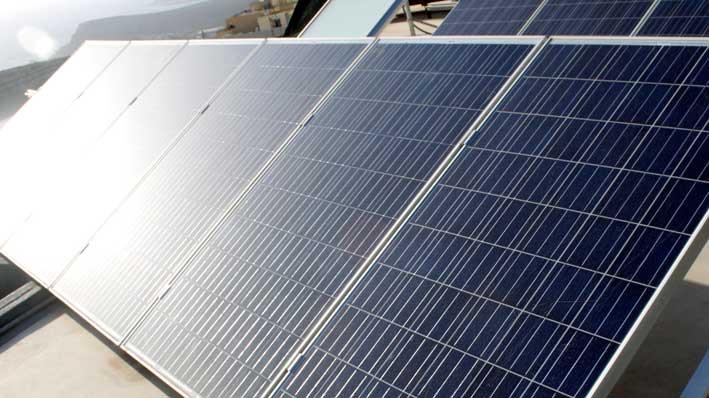
It was said that Malta will reach the halfway mark for its renewable energy 2020 targets. Do you think enough was in the budget to help push through to this target and do you believe Malta can achieve the target?
I hope we do achieve it. So far we are heavily investing in solar energy and we are seeing the first plans of solar farms. Admittedly, issues with solar farms in Malta surround a delicate balance due to the smallness of our size. We also know that part of the countryside is Natura 2000 areas, and what would the impact of such solar farms be. We need to incentivise more factories to utilise their flat roofs. There are many industrial parks where I think we could do much more to utilise space and climate.
The PN criticised the fact that there was no mention of the new power plant in the budget, yet this is a private project. What did the PN expect to be said?
While it’s a private project, it is the result of a government call through an expression of interest. It is really a government project being carried out by a private consortium, which has a public impact. Given that the famous LNG tanker arrived literally a week before budget day, we would have expected issues concerning the IPPC, the risk assessment etc to have been mentioned and addressed.
Within the energy section I would have expected it to be mentioned given government made it the cornerstone of its election campaign.
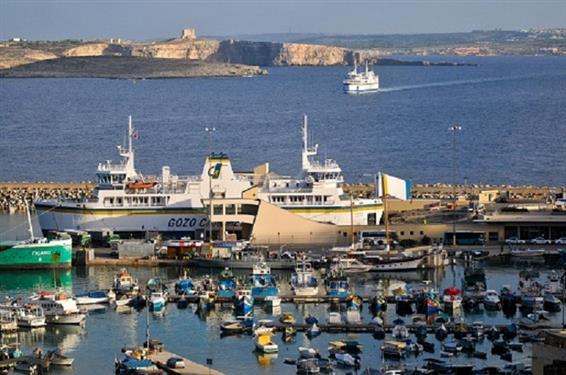
What did you make of the proposals for Gozo, including the fast ferry service?
I think government’s proposals for Gozo need to be taken with a pinch of salt. Last year they promised a yacht marina, a cruise liner terminal and others. We now have this fast ferry proposal which we also mentioned in our pre-budget document. It needs to be implemented since commuting between the islands is a problem.
In terms of the tunnel study, what has this government said? It first launched the idea of a bridge which was basically a non-starter and we wasted two years discussing it. Finally it realised that a bridge is nonsensical. Now we’ve gone back to the drawing board and are talking about a tunnel. A tunnel will address the needs of commuters, but we need to study the implications further.
I think the biggest tongue in cheek statement regards the study on the devolution of powers to Gozo. This administration reduced the powers for the Minister for Gozo, rendering him, to a large degree, a mere head of department, with transport, education and health out of his hands. What was left in the hands of the Ministry for Gozo which is not already in the hands of local councils? We are all for devolving more powers for Gozo and we have always believed that it should have more powers allocated to it.